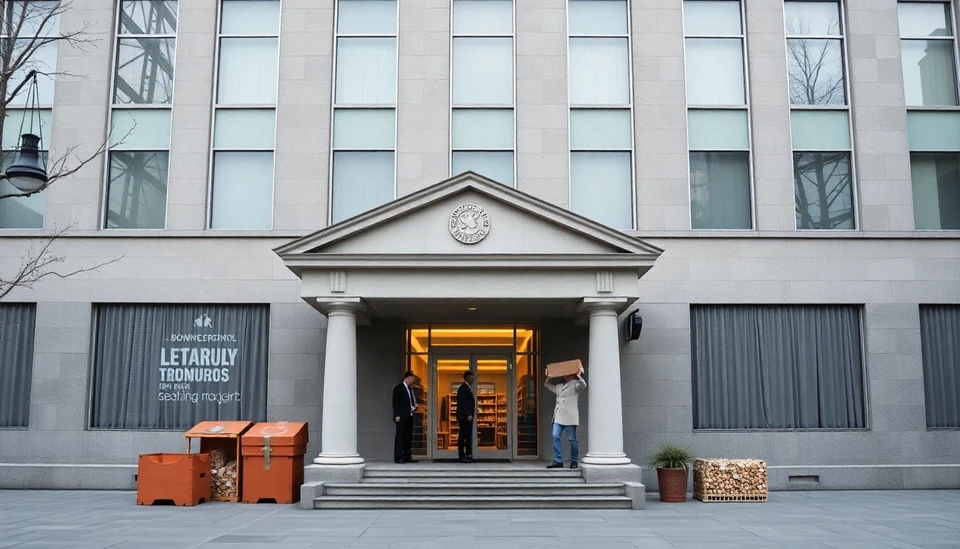
The Dutch Ministry of Finance is set to conduct a thorough examination of the existing caps on bank bonuses, potentially signaling a significant shift in how financial institutions can compensate their top executives. This move comes amid ongoing discussions about the balance between incentivizing performance and ensuring responsible banking practices in the aftermath of the financial crisis.
Since the introduction of stringent limits on bonuses following the 2008 financial crisis, there has been a growing debate over the effectiveness of these regulations. Advocates of lifting the caps argue that current restrictions may be hindering the Netherlands' banks from attracting and retaining top talent necessary for maintaining competitiveness in the global market.
The review, initiated by the ministry, aims to assess whether parts of the bonus cap could be eased, particularly for roles deemed critical for the stability and performance of banks. This assessment follows several high-profile cases of banks struggling to match the offerings of their international counterparts, especially in a time of economic recovery where skilled labor is in high demand.
While the potential changes to the bonus cap could provide banks with more flexibility in compensating their employees, concerns about the implications for financial stability and ethical banking practices remain prevalent. Critics argue that loosening restrictions could lead to a resurgence of risk-taking behavior, echoing the practices that contributed to the financial crisis over a decade ago.
The decision on whether to modify the bonus regulations is not only pivotal for the banking sector but also for the government’s broader economic strategy, as it seeks to balance growth with prudent fiscal management. Stakeholders from various walks of the financial world, including regulators, bank executives, and policymakers, are eagerly awaiting the ministry’s findings, which could reshape the landscape of banking compensation in the Netherlands.
Industry experts predict that the outcome of this review could set precedents that may influence regulatory approaches in other European nations. As the financial sector continues to navigate the challenges of a post-pandemic economy, the re-evaluation of bank bonus structures could prove to be a pivotal factor in shaping the future of banking in Europe.
In conclusion, the Dutch Ministry of Finance's upcoming review of the bank bonus caps introduces a critical conversation about compensation practices within the financial sector. As the world moves forward from the shadows of economic uncertainties, the delicate balance between incentivization and responsibility will undoubtedly remain a hot topic of debate.
#BankBonuses #Netherlands #FinancialRegulations #Incentives #BankingSector #MinistryOfFinance #EconomicStrategy #FiscalManagement
Author: Samuel Brooks

